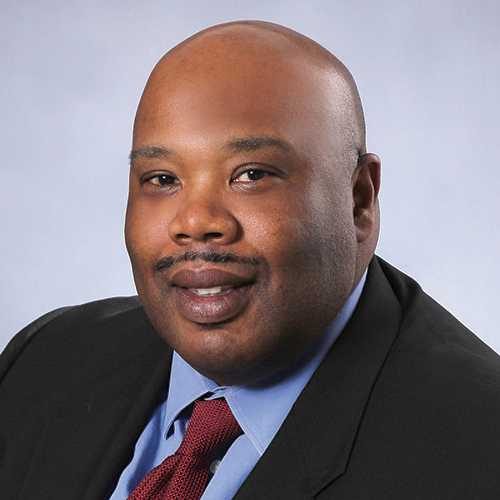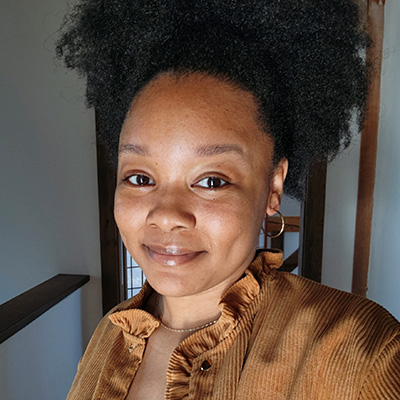Professorships for Booker; scholarship for Entzminger
Booker appointed to honorary professorships

Squire Booker of Penn State University has been appointed the Richard Perry University Professor in the School of Arts and Sciences and the Perelman School of Medicine and the Penn Integrates Knowledge professor. Perry established this professorship in 2005 and is the president and CEO of Perry Capital, a private investment management firm that he cofounded. The Penn Integrates Knowledge professorships are awarded to faculty who hold appointments in two or more schools at Penn and draw on their breadth of knowledge to collaborate with colleagues.
Booker is a professor of chemistry, biochemistry and molecular biology and a Howard Hughes Medical Institute investigator. His lab studies biosynthetic enzymes that use S-adenosylmethionine and iron–sulfur clusters as radical catalysts.
A member of the American Society for Biochemistry and Molecular Biology for more than two decades, Booker has led the ASBMB Maximizing Access Committee and served on the Nominating Committee, Meetings Committee, Finance Committee and Program Planning Committee. He established the ASBMB Interactive Mentoring Activities for Grantsmanship Enhancement, or IMAGE, workshop and has been a mentor for the Maximizing Opportunities for Scientific and Academic Independent Careers, or MOSAIC, program. In 2022, he received both the ASBMB Ruth Kirschstein Diversity in Science Award and the ASBMB–Merck Award. Booker has also received the Percy L. Julian Award from the National Organization for the Professional Advancement of Black Chemists and Chemical Engineers and the Hans Neurath Award from the Protein Society. He is a member of the National Academy of Sciences and the American Academy of Arts and Sciences.
Entzminger awarded scholarship

Inayah Entzminger has been awarded a BestColleges scholarship to support their sixth year in the biochemistry Ph.D. program at the City University of New York Graduate Center. The $6,000 scholarship is for students who identify as a cisgender, transgender or as gender nonconforming Black women in science-related fields.
Entzminger is a careers columnist for ASBMB Today. They also have served as a facilitator for the American Society for Biochemistry and Molecular Biology’s Art of Science Communication course and an adjunct lecturer at Hunter College. Entzminger studies viral translation initiation mechanisms in the barley yellow dwarf virus, which can reduce the yields of common crops such as wheat, barley and oats. They earned their bachelor’s degree in biochemistry and molecular biology and performed postbaccalaureate research at the University of Maryland Baltimore County.
Enjoy reading ASBMB Today?
Become a member to receive the print edition four times a year and the digital edition monthly.
Learn moreGet the latest from ASBMB Today
Enter your email address, and we’ll send you a weekly email with recent articles, interviews and more.
Latest in People
People highlights or most popular articles

Embrace your neurodivergence and flourish in college
This guide offers practical advice on setting yourself up for success — learn how to leverage campus resources, work with professors and embrace your strengths.

Survival tools for a neurodivergent brain in academia
Working in academia is hard, and being neurodivergent makes it harder. Here are a few tools that may help, from a Ph.D. student with ADHD.

Quieting the static: Building inclusive STEM classrooms
Christin Monroe, an assistant professor of chemistry at Landmark College, offers practical tips to help educators make their classrooms more accessible to neurodivergent scientists.

Hidden strengths of an autistic scientist
Navigating the world of scientific research as an autistic scientist comes with unique challenges —microaggressions, communication hurdles and the constant pressure to conform to social norms, postbaccalaureate student Taylor Stolberg writes.

Richard Silverman to speak at ASBMB 2025
Richard Silverman and Melissa Moore are the featured speakers at the ASBMB annual meeting to be held April 12-15 in Chicago.

Women’s History Month: Educating and inspiring generations
Through early classroom experiences, undergraduate education and advanced research training, women leaders are shaping a more inclusive and supportive scientific community.
